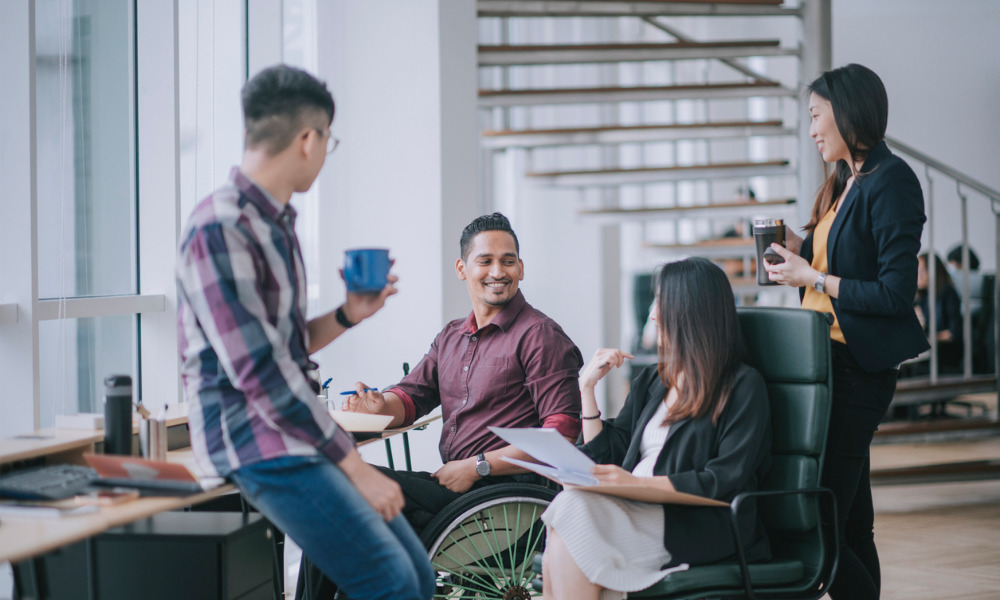
Plan would empower all employees to 'fully participate' in the workplace

A recently released action plan from the Attorney-General has revealed its initiatives to build a more accessible and inclusive workplace culture.
HR leaders might find the office’s strategy as a valuable blueprint for making their own policies and accommodations for its staff. Learn about the office’s action plan and possible conditions that employers could adopt in their workplaces.
Spanning from 2022 to 2025, the disability and mental health action plan (DMAP) would continue the successes of the office’s former action plan, which includes improving the support for flexible working arrangements and provision of reasonable adjustments. It also aims to introduce centralised recruitment processes.
“Disability can affect anyone, at any time, and at any stage of the employment cycle. Existing employees and disability employee networks will be key allies for change and leadership, at all levels and in every agency, to ensure the strategy achieves its outcomes,” the office said in a media release.
It has two focus areas, namely:
The action plan aims to promote “a culture of inclusion,” which it said would create a supportive and positive working environment. “We will strive to build a disability-confident culture through learning and development opportunities and events that raise awareness, break down stigma, and reduce the challenges that people with disability or chronic mental health conditions experience,” the office said.
The “culture of inclusion” initiatives include:
The action plan also takes on “accessibility,” including physical access and documents and information technology. The initiatives include:
As to recruitment, retention, and development, the office said it would provide “equitable access to promotion and development opportunities,” including:
“Our people are our most important asset, so it is critical that we listen, learn and challenge the traditional ways in which we work, to ensure that our workforce is adequately supported, and is able to respond to future challenges,” Cameron Gifford, COO and head of enabling services group, said in a media release.
“We know that people with disability are more likely to experience discrimination, more likely to experience violence than those without disability, and may face challenges seeking and engaging in employment. We also know that diversity is essential to building resilience in organisations,” Gifford explained.
“With approximately 4.4 million people in Australia living with disability (as of 2019), it is imperative that our organisation seeks ways for engaging, attracting and retaining people with disability, so as to better reflect the community we serve, build a disability confident culture and continue to build a resilient workforce capable of adapting and responding to increasingly complex challenges,” he added.